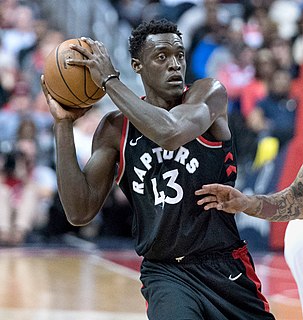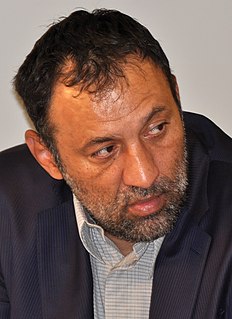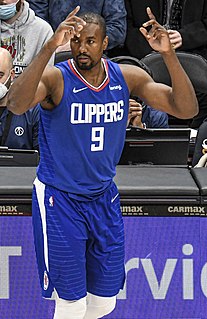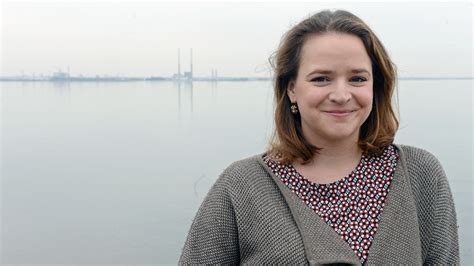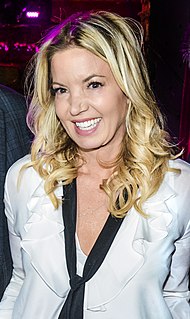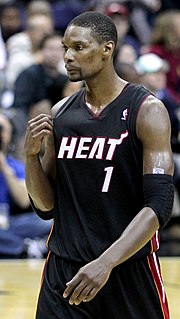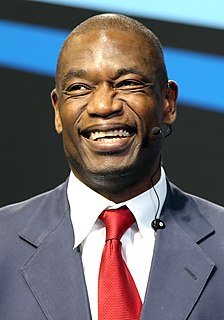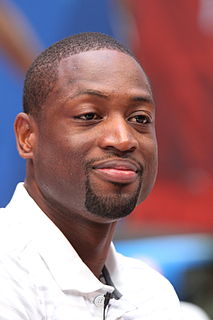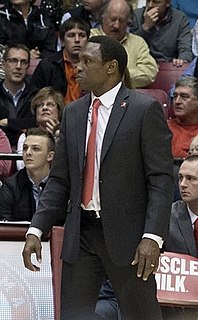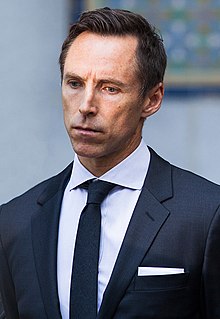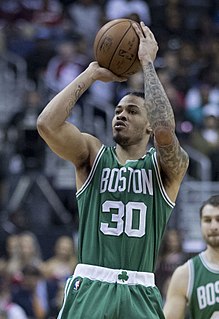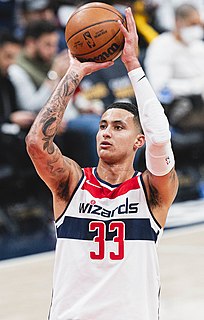A Quote by Pascal Siakam
When my dad passed away, the NBA became a major priority for me. It became bigger than just loving basketball; I suddenly had extra motivation. I was willing to do absolutely anything I had to do to get to the NBA.
Related Quotes
When I started I had no knowledge of films whatsoever. I was an engineering major at Stanford. And I found out as a senior that they had two film critics on the Stanford Daily, and they got free passes to all the theaters in Palo Alto. So I thought, I'll do that, and I became a film critic. And then I became interested in films. But I had no time to study anything in that area because I was a senior, just finishing up as engineering.
I thought I would make it (to the NBA). I believed that I would make it. But I had a Plan B. I was going to get my Master's degree at Tulane University had it not worked out. I think the pressure of making it wasn't on me as great as some other players that had no other options. I was going to do something special in life and I wanted to play in the NBA. I had a backup plan but I went full speed ahead with my Plan A.
Acting became important. It became an art that belonged to the actor, not to the director or producer, or the man whose money had bought the studio. It was an art that transformed you into somebody else, that increased your life and mind. I had always loved acting and tried hard to learn it. But with Michael Chekhov, acting became more than a profession to me. It became a sort of religion.
